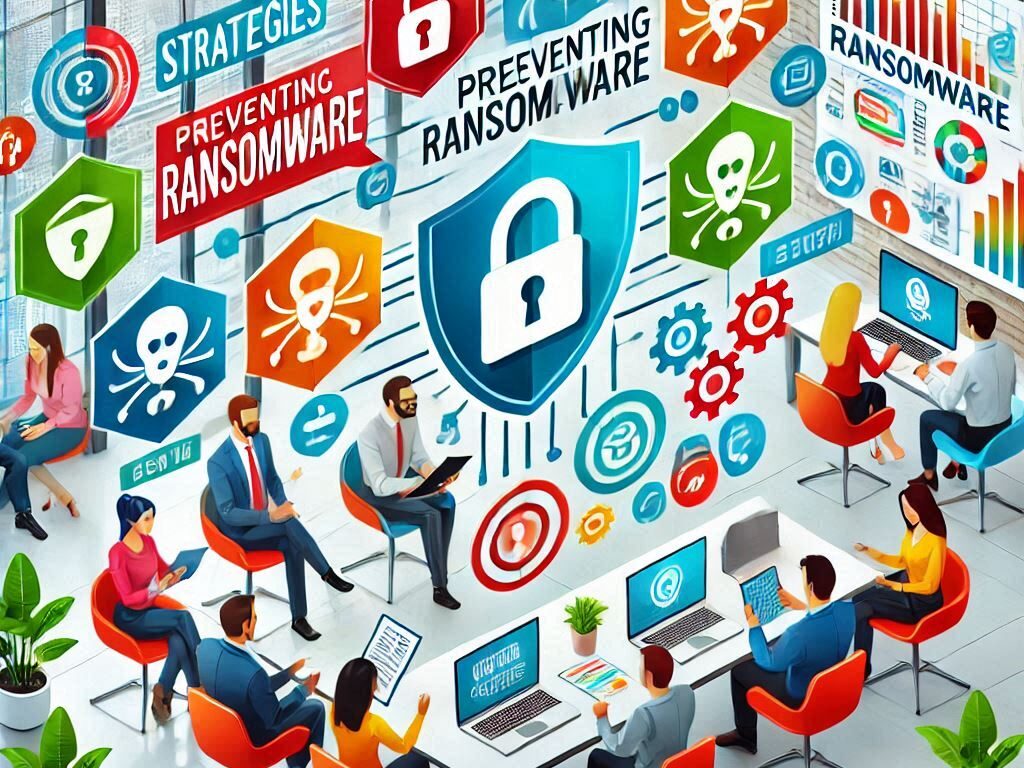
In early 2022, a ransomware attack on Kojima Industries, a Tier 1 supplier of plastic parts to Toyota, forced the automotive giant to temporarily shut down manufacturing across Japan. The attack resulted in a critical halt of operations, leading to a staggering loss of 13,000 vehicles in just one day.
This incident highlights the vulnerabilities within the automotive supply chain and serves as a stark reminder of how interconnected systems can amplify the impact of cyber threats. This also underscores the need for a need for cybersecurity testing for automotive companies.
As the automotive industry increasingly relies on digital ecosystems, the risk of ransomware attacks grows, necessitating robust preventive measures.
To effectively combat these threats, organizations must consider engaging cyber security testing services offered by some of the best cyber security companies.
These services play a crucial role in identifying vulnerabilities within systems before they can be exploited by malicious actors.
By integrating comprehensive cyber security measures, including regular penetration testing, and vulnerability assessments, companies can enhance their resilience against potential attacks and safeguard their operations against disruptions like those experienced during the Kojima incident.
The automotive supply chain is particularly susceptible to ransomware due to its complexity and reliance on numerous interconnected suppliers and vendors.
Cybercriminals often exploit weak links in this chain, targeting third-party suppliers who may have less stringent security protocols.
The consequences of such attacks can be devastating, not only causing immediate operational disruptions but also leading to long-term financial and reputational damage.
To mitigate the risks associated with ransomware in the automotive supply chain, organizations must adopt a comprehensive cybersecurity strategy that encompasses multiple layers of protection. Here are essential strategies that can be implemented:

Understanding vulnerabilities is crucial for effective prevention. Organizations should regularly assess their systems for potential weaknesses, misconfigurations, and attack vectors. This proactive approach allows companies to document risks and prioritize security measures accordingly.
A layered security strategy involves multiple defenses that protect against various stages of a ransomware attack. Key components include:
The Zero Trust model operates on the principle that no user or device should be trusted by default, regardless of whether they are inside or outside the network perimeter. Implementing this model involves:
Maintaining up-to-date backups is essential for recovery in case of a ransomware attack. Companies should ensure that backups are stored offline or in a secure environment that is not directly accessible from the network. Regularly test these backups for integrity to ensure they can be restored quickly when needed.
Human error remains one of the most significant vulnerabilities in cybersecurity. Regular training sessions should be conducted to educate employees about phishing attacks, social engineering tactics, and safe online practices. Awareness programs can significantly reduce the likelihood of successful attacks.
Given that many ransomware attacks exploit vulnerabilities in third-party suppliers, organizations must conduct due diligence on their partners’ cybersecurity practices. Regular audits and assessments can help identify potential risks associated with third-party access.
Utilizing threat intelligence services can provide organizations with insights into emerging threats and vulnerabilities specific to their industry. Monitoring dark web activities and known threat actors can help organizations stay ahead of potential attacks.
Having a well-defined incident response plan is critical for minimizing damage during a ransomware event. This plan should outline specific steps for containment, eradication, recovery, and communication with stakeholders post-incident.
Cyber audits for automotive companies become critical for Organizations should consider partnering with cybersecurity firms specializing in threat detection and incident response. These experts can provide valuable insights into best practices and assist in implementing advanced security measures tailored to the automotive industry.
Keeping all software up-to-date is crucial for closing security gaps that cybercriminals may exploit. Organizations should establish a routine patch management process to ensure all systems are secure against known vulnerabilities.
As ransomware attacks continue to threaten the automotive supply chain, proactive measures such as penetration testing play a crucial role in enhancing cybersecurity.
By identifying vulnerabilities before they can be exploited, organizations can significantly reduce their risk exposure and improve their overall security posture.
Incorporating penetration testing into a comprehensive cybersecurity strategy not only helps meet regulatory requirements but also fosters a culture of continuous improvement within the organization.
As the automotive industry evolves with new technologies and connected features, maintaining robust cybersecurity practices will be essential for safeguarding vehicles and protecting sensitive data against emerging cyber threats.